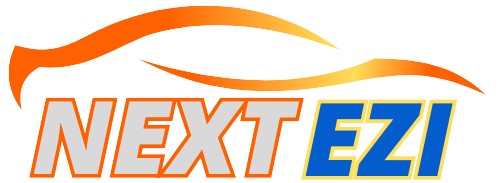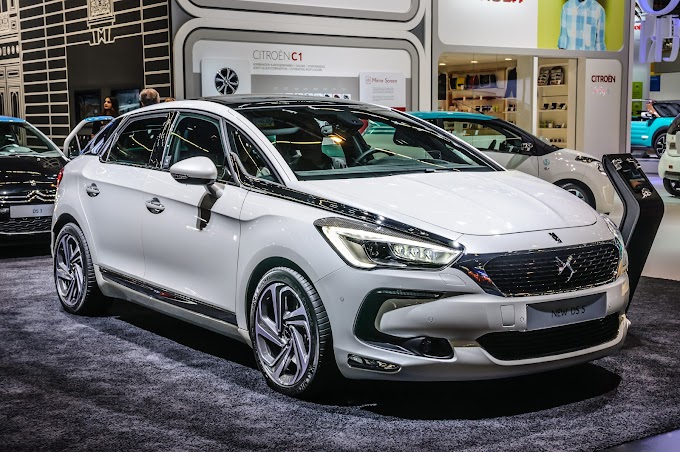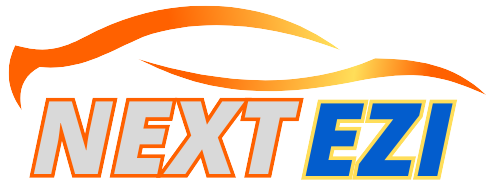Leasing vs. Buying a Car: The Ultimate Guide for New Car Owners.jpg)
.jpg)
I. Introduction
Are you in the market for a new car but unsure whether to lease or buy? Making the right choice between leasing and buying is crucial for new car owners. It's not just about getting behind the wheel; it's about understanding the financial implications, lifestyle factors, and long-term commitments associated with each option.
II. Understanding Leasing
What is Car Leasing?
Car leasing is essentially renting a vehicle for a predetermined period, typically two to four years. Instead of owning the car outright, you make monthly payments to the leasing company for the duration of the lease term. At the end of the lease, you return the car to the dealer.
Pros of Leasing
Leasing offers lower monthly payments compared to buying because you're only paying for the car's depreciation during the lease term. Additionally, lease terms often come with warranty coverage, so you don't have to worry about expensive repairs.
Cons of Leasing
One major downside of leasing is that you don't own the car at the end of the term, so you have nothing to show for your payments. Additionally, there are mileage restrictions, and excessive wear and tear can result in additional fees.
III. Understanding Buying
What is Car Buying?
Acquiring a car entails either buying the vehicle outright or financing it through a loan. Upon full repayment of the loan, ownership of the car is transferred to you, granting you the freedom to retain it for as long as you wish.
Pros of Buying
Buying a car offers long-term ownership and equity buildup. You have the freedom to customize the car to your liking and drive it as much as you want without worrying about mileage restrictions.
Cons of Buying
The upfront costs of buying a car are higher, and monthly payments may be more expensive compared to leasing. Additionally, you're responsible for all maintenance and repair costs once the warranty expires.
IV. Financial Considerations
Upfront Costs
When leasing a car, upfront costs typically include a security deposit, the first month's payment, taxes, registration fees, and any applicable fees from the leasing company. When buying a car, upfront costs include the down payment, taxes, registration fees, and dealer fees.
Monthly Payments
Lease payments typically amount to less than loan payments since you're solely covering the depreciation of the car throughout the lease duration. Nonetheless, purchasing a car might present superior long-term value as each payment contributes to building equity.
Long-Term Costs
While leasing may seem cheaper in the short term, buying a car outright can be more cost-effective in the long run. Once you've paid off the loan, you no longer have monthly payments, whereas lease payments continue indefinitely if you keep leasing.
V. Lifestyle Factors
Mileage Restrictions
Lease agreements often impose mileage limitations, typically spanning from 10,000 to 15,000 miles annually. Surpassing these boundaries may incur costly overage charges. If you have an extensive commute or relish embarking on road journeys, purchasing could prove to be a more advantageous choice.
Ownership
Buying a car provides a sense of ownership and allows you to make modifications or upgrades as you see fit. With leasing, the car must be returned in its original condition at the end of the term.
Customization
If you love customizing your ride with aftermarket accessories or modifications, buying is the way to go. Leasing contracts often prohibit modifications beyond basic cosmetic changes.
VI. Maintenance and Repairs
Responsibility
Lessees are typically responsible for routine maintenance and repairs during the lease term, but major repairs may be covered under warranty. When you own a car, you're responsible for all maintenance and repair costs, which can add up over time.
Costs
While lease payments may be lower, lessees may end up spending more on maintenance and repairs over the lease term. With buying, you have more control over where you take your car for service and can shop around for the best deals.
VII. Flexibility and Commitment
Flexibility
Leasing provides greater flexibility as you're not bound by a lengthy commitment. Should your lifestyle or financial circumstances alter, transitioning to a different car at the conclusion of your lease term is easily achievable.
Commitment
Buying a car is a long-term commitment that requires careful consideration. You'll need to factor in resale value, depreciation, and potential changes in your financial situation before committing to a purchase.
VIII. End-of-Term Options
Lease End Options
At the end of a lease term, you have several options: return the car and walk away, buy the car outright at the predetermined residual value, or lease or purchase a new car from the same dealer.
Resale Value
Owned cars typically have higher resale values compared to leased cars
IX. Environmental Impact
Eco-Friendly Options
Concern for the environment is increasingly influencing car ownership decisions. Some car manufacturers offer eco-friendly leasing options, such as electric or hybrid vehicles, which can help reduce carbon emissions and reliance on fossil fuels.
Carbon Footprint
When comparing leasing vs. buying from an environmental standpoint, it's essential to consider the carbon footprint of each option. While leasing may involve more frequent turnover of vehicles, buying a fuel-efficient car and keeping it for a more extended period can minimize environmental impact.
X. Conclusion
In conclusion, the decision between leasing and buying a car depends on various factors, including your financial situation, lifestyle preferences, and environmental concerns. Leasing offers lower upfront costs and flexibility, making it an attractive option for those who prefer driving new cars every few years. On the other hand, buying provides long-term ownership, equity buildup, and the freedom to customize your vehicle. Ultimately, it's essential to weigh the pros and cons of each option carefully before making a decision.
FAQs (Frequently Asked Questions)
1. Is leasing always cheaper than buying?
- Not necessarily. While lease payments are typically lower than loan payments, the long-term costs of leasing can add up, especially if you exceed mileage limits or incur excess wear and tear fees.
2. Can I negotiate the terms of a lease?
- Yes, you can negotiate the terms of a lease, including the lease term, mileage limits, and monthly payments. It's essential to research market rates and be prepared to negotiate with the dealer.
3. What occurs if I desire to terminate my lease ahead of schedule?
- Ending a lease early usually incurs early termination fees, which can be costly. It's essential to review your lease agreement carefully and consider potential penalties before deciding to terminate your lease early.
4. Can I buy the car at the end of the lease?
- Yes, most lease agreements offer the option to purchase the car at the end of the lease term at a predetermined residual value. However, it's essential to factor in the total cost of ownership before making a decision.
5. How does leasing affect my credit score?
- Leasing a car can impact your credit score similarly to financing a purchase. Your credit score may be affected by factors such as payment history, credit utilization, and the length of your credit history. It's essential to make timely lease payments to maintain a good credit score.

.png)

.png)
.png)
.png)
.png)
